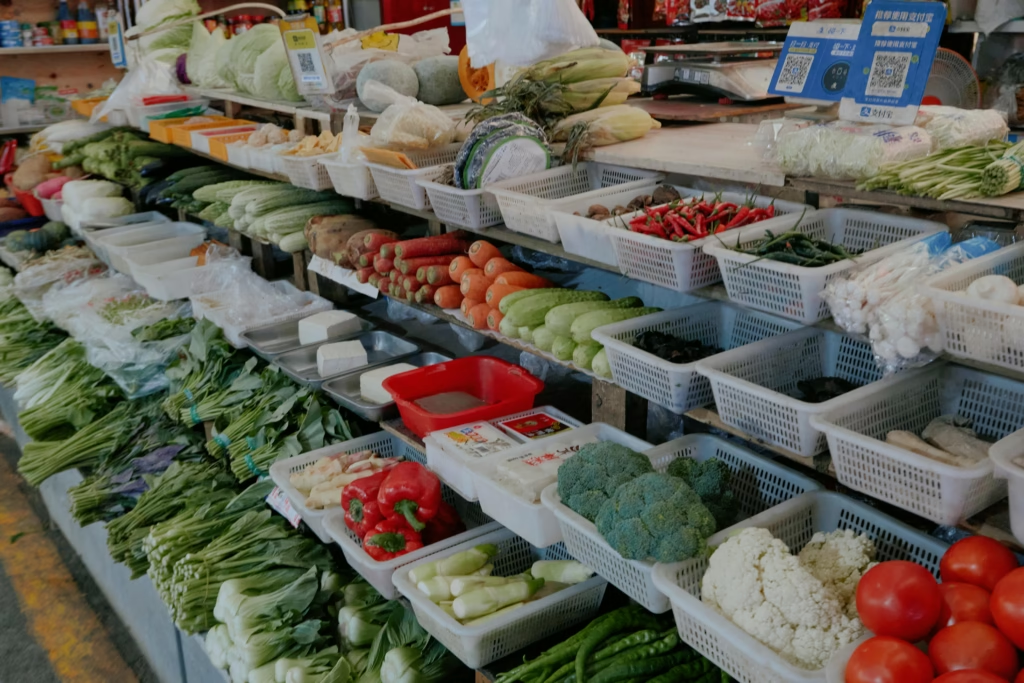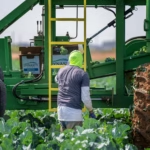
As global demand for ethically sourced and high-quality agricultural products continues to rise, more importers are turning to Africa for a wide range of goods—from cocoa and coffee to cashews and sesame seeds. However, while the African continent is rich in natural produce and skilled farmers, ensuring quality, traceability, and compliance with international standards remains a key concern. This is where African agriculture certifications come in.
Whether you’re a first-time importer or a seasoned buyer, understanding the certifications associated with agricultural exports from Africa can help protect your investment, ensure product quality, and build long-term, trust-based supply chain relationships.
Why Certifications Matter in Agricultural Trade
Agricultural certifications serve as a quality and safety assurance mechanism. They help guarantee that products meet certain standards related to food safety, sustainability, ethical labor practices, and environmental responsibility.
When it comes to importing from Africa, certifications also signal that a supplier is serious, transparent, and committed to maintaining international best practices. For importers, these certifications reduce risks, simplify customs clearance, and often make it easier to sell the products in regulated markets such as the European Union, the United States, or the Gulf region.
Understanding and verifying African agriculture certifications can make or break a deal.
Top African Agriculture Certifications to Look For
Here are some of the most important certifications you should know when importing African agri-products:
1. GlobalG.A.P. (Good Agricultural Practices)
GlobalG.A.P. is one of the most recognized certification systems for farm production. It covers everything from crop and livestock production to aquaculture. In Africa, this certification is especially important for fresh produce like fruits, vegetables, and herbs destined for European markets.
GlobalG.A.P. audits assess areas such as traceability, food safety, sustainability, and worker health. If your supplier in Africa holds this certification, it demonstrates a high level of farm-to-market professionalism.
This is one of the core African agriculture certifications trusted by global retailers.
2. Organic Certification (EU, USDA, or Ecocert)
If you’re looking to import organic products from Africa—such as spices, herbs, or dried fruits—you must ensure the supplier holds a valid organic certification from a recognized authority. EU Organic, USDA Organic, and Ecocert are the most common.
Organic certification ensures that no synthetic pesticides, fertilizers, or GMOs have been used and that farming methods are environmentally responsible.
Given the growing demand for clean-label products, organic African agriculture certifications open new market opportunities for importers.
3. Fairtrade Certification
This certification is particularly relevant for buyers looking to support ethical sourcing and improve social impact. Fairtrade ensures that farmers are paid fair prices, work in safe conditions, and have community benefits from trade profits.
Fairtrade is widely used for African products like cocoa from Ghana, coffee from Ethiopia, and tea from Kenya. Importers with ethical commitments often prioritize suppliers with this certification.
It is one of the most impactful African agriculture certifications in terms of social sustainability.
4. Rainforest Alliance Certification
Similar to Fairtrade, Rainforest Alliance certification emphasizes environmental, social, and economic sustainability. Products with this label must meet rigorous criteria covering deforestation, biodiversity conservation, and fair labor.
This certification is often applied to African exports such as tea, cocoa, bananas, and coffee.
For importers targeting sustainability-conscious consumers, this is one of the African agriculture certifications that truly adds value to your brand story.
5. HACCP (Hazard Analysis and Critical Control Points)
While HACCP is a food safety system rather than a traditional certification, its compliance is crucial for export-ready suppliers. It identifies and manages potential hazards in food processing and packaging.
In Africa, many processing units—especially those dealing with dried fruits, nuts, and spices—adhere to HACCP standards to meet EU and U.S. import requirements.
Importers should confirm that suppliers follow HACCP procedures, even if they don’t yet hold formal certification.
6. ISO Certifications (Especially ISO 22000 for Food Safety)
ISO 22000 is a globally accepted food safety management system. Many agro-processing facilities in Africa now pursue ISO certification to demonstrate their readiness for international trade.
This certification shows that the supplier has structured systems to manage safety across the supply chain—from raw material sourcing to packaging.
Among all African agriculture certifications, ISO 22000 adds a layer of credibility, especially for importers working in retail or food service sectors.
7. Local Export and Quality Compliance Certificates
In addition to international certifications, most African countries require exporters to obtain local compliance documents. These might include phytosanitary certificates, quality grading certificates, and chamber of commerce approvals.
While not branded certifications, they are essential legal requirements and should be part of the documentation you request from any exporter. They confirm that the product has been inspected and approved for export under national regulations.
Understanding the local framework helps importers avoid delays and ensures regulatory compliance on both ends.
How to Verify African Agriculture Certifications
Having a certification listed on a supplier’s website or invoice is not enough. Importers must actively verify these certifications through official databases or by contacting the issuing body directly.
Ask for:
- Certificate numbers
- Issuing authority name
- Expiry dates
- Scope of certification (which crops or products are covered)
It is also good practice to audit suppliers either directly or through third-party verification services to ensure ongoing compliance with the standards.
Final Thoughts
As the African agricultural export sector continues to grow, the role of certifications in ensuring trust, safety, and quality is more critical than ever. Whether you’re sourcing dried hibiscus from Sudan, sesame from Nigeria, or avocados from Kenya, always ask the right questions and verify documentation.
The right African agriculture certifications not only protect your business but also empower farmers, improve traceability, and contribute to more sustainable agricultural practices across the continent.
If you’re just starting your import journey, building relationships with certified African exporters will give you a strong foundation for long-term success.











Add comment